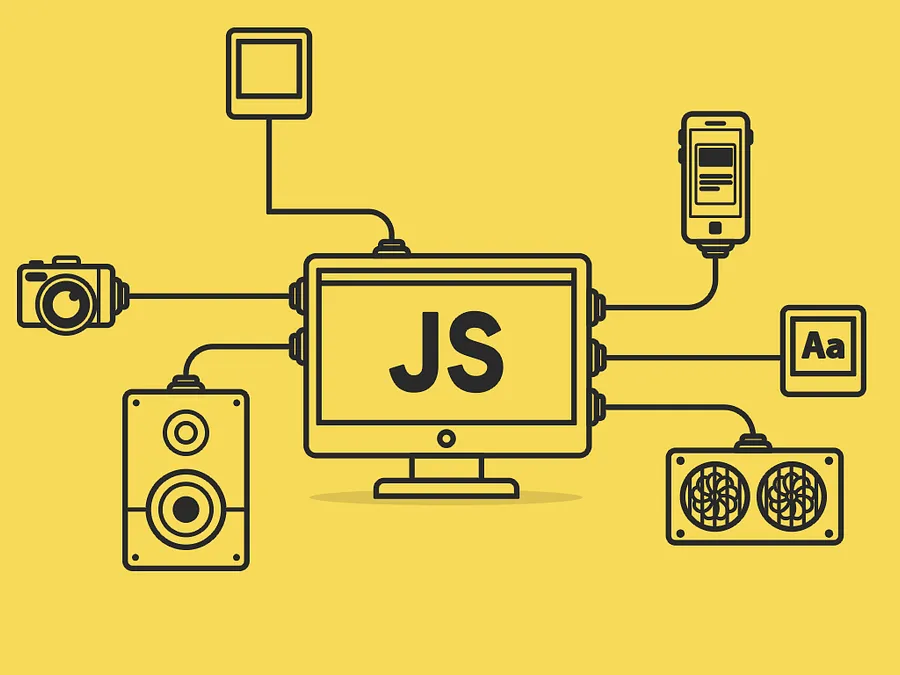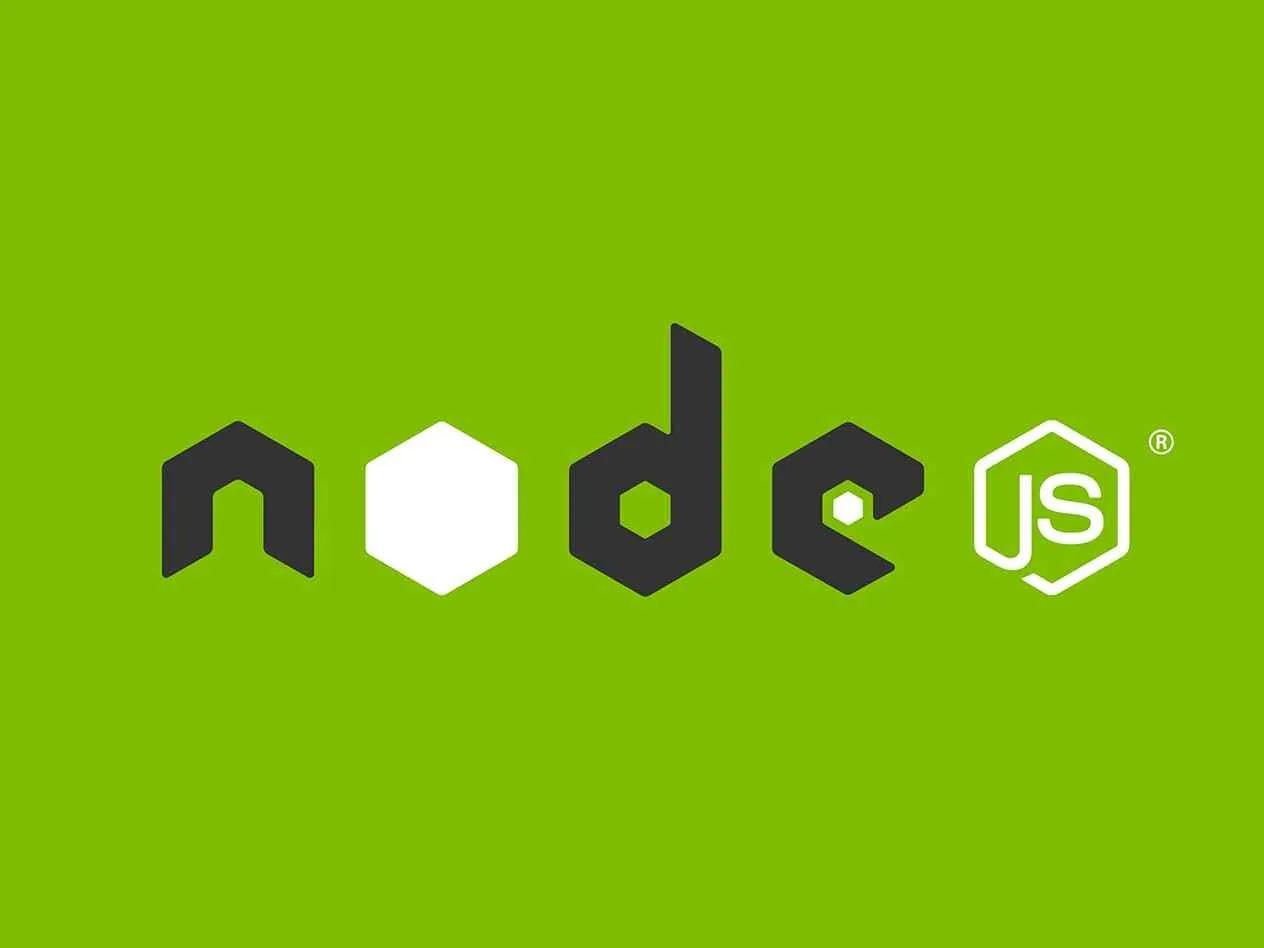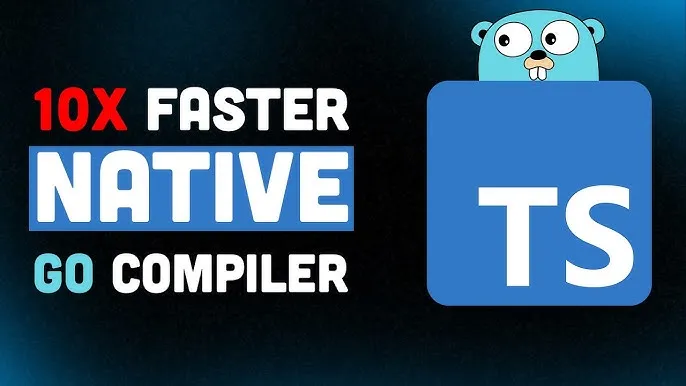JavaScript technology is evolving rapidly, and some once-popular libraries have now become obsolete. Today, we will analyze five JavaScript libraries that should be phased out. What problems do they have, and what are the appropriate solutions or alternatives?
First of all, why do we need to replace these old libraries? The reason is simple. Modern browsers are more powerful, and new JavaScript specifications offer superior solutions. These old libraries are large in size and slow to load. They do not conform to modern development best practices. Using them increases maintenance costs and reduces development efficiency.
jQuery

jQuery used to be the cornerstone of front-end development. It simplified DOM operations and provided cross-browser compatibility. However, modern browsers already have powerful native APIs built-in, such as querySelector, addEventListener, and fetch. The functions of these APIs are equivalent to, or even more powerful than, those of jQuery. jQuery has now become redundant. It increases the project size and reduces performance.
Alternative: Use native JavaScript instead of jQuery. The APIs of native JavaScript are powerful, offer better performance, and make the project lighter.
Moment.js

Moment.js used to be the standard library for date processing. It could parse, validate, and format dates. However, Moment.js is large in size and not modular. This means that even if you only use a few functions, you have to load the entire library, which slows down the loading speed.
Alternative: Replace Moment.js with date-fns, luxon, or the Temporal API. These libraries are lighter, more modular, and have higher performance. In addition, the Temporal API of JavaScript is still evolving and will provide more powerful date and time processing capabilities.
Lodash

Lodash is a utility library. It provides many utility functions for array and object operations. However, JavaScript versions ES6 and later have provided many similar functions. For example, Array.prototype.map, Array.prototype.reduce, Object.assign, and the spread operator. These native methods are more efficient and concise. Most of Lodash's functions have been replaced. Using it only increases the project size and complexity.
Alternative: Use ES6+ native methods instead of Lodash. ES6+ provides many powerful utility functions. They are more efficient and easier to use.
Underscore.js

Underscore.js is the predecessor of Lodash. It also provides some similar utility functions, but it has been surpassed by Lodash and ES6+ native methods. Underscore.js is now obsolete. It has no obvious advantages and instead increases the project burden.
RequireJS

RequireJS used to be the preferred module loader. It helped developers manage the dependency relationships of JavaScript modules. However, after the emergence of ES modules, RequireJS is no longer necessary. Modern browsers natively support ES modules, and packaging tools such as Webpack, Vite, and Rollup also provide more powerful module management functions. RequireJS increases complexity while losing its advantages.
Alternative: Use ES modules, Webpack, or Vite instead of RequireJS. Modern module loading and packaging tools are more powerful and easier to use.
JavaScript technology is constantly evolving. We need to keep learning new technologies and phase out obsolete libraries. Using obsolete libraries brings many problems. It reduces performance, increases maintenance costs, and also affects code readability and maintainability. We should embrace modern JavaScript development practices and use lighter and more efficient tools. Streamlining code and improving efficiency is the key.



